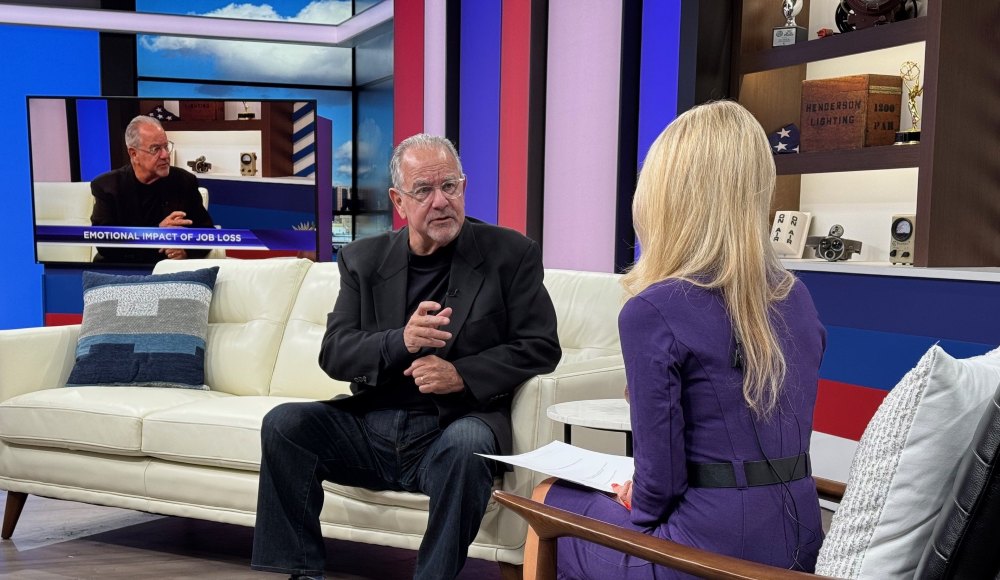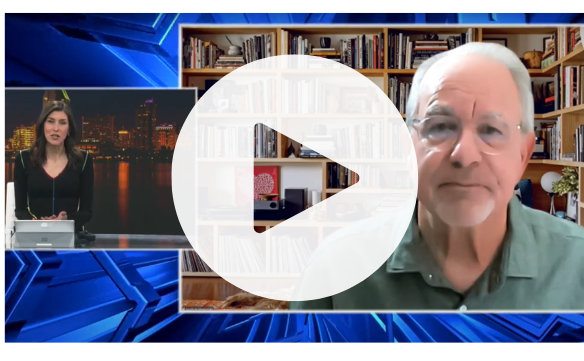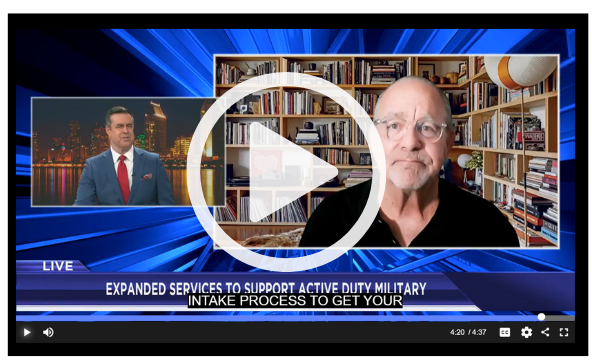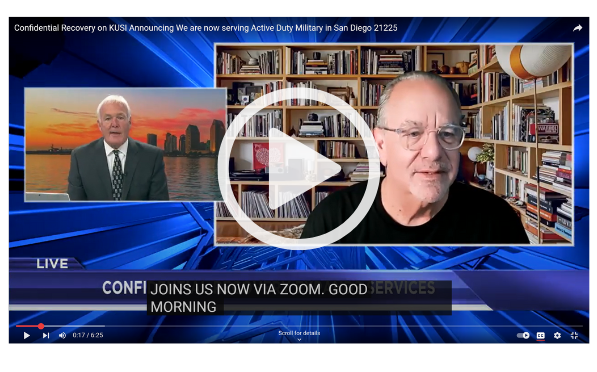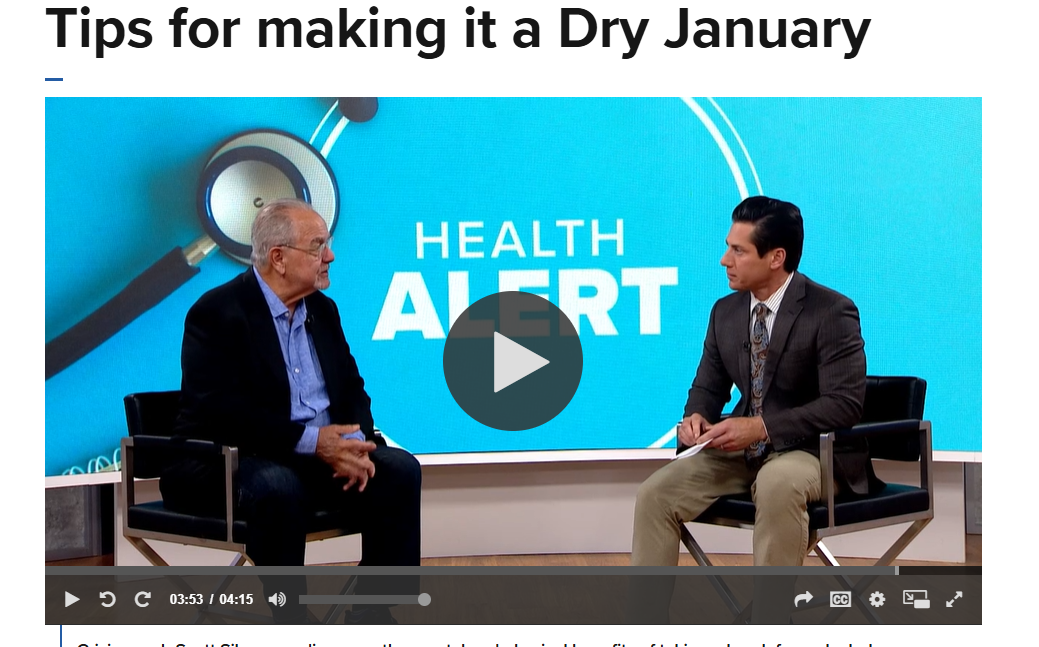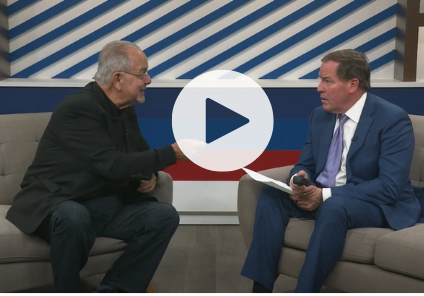An epidemic is a widespread, infectious disease that takes hold of a community in a short time. By this definition, opioid addiction can only be called an epidemic. In the twenty years since the U.S. began collecting data in 1999, 930,000 people have died due to overdose.
The first major player in the opioid crisis was heroin, then prescription drugs like OxyContin and morphine, and now the greatest risk of addiction and overdose comes from fentanyl.
What is fentanyl, and why is it so dangerous?
Fentanyl is a synthetic opioid used to treat severe pain. Prescription opioids can be addictive and dangerous in their own right, but it becomes deadly when drug dealers begin making their own versions of drugs.
Street versions of the drug are made in powder form and used in eye droppers, blotter paper, nasal spray, or pills. Fentanyl is easily mixed with heroin, cocaine, meth, or ecstasy, and this unchecked production and combining of drugs result in dangerous interactions. In fact, more than 100 overdoses occur every day.
The worst part is most of these deaths are accidental. The tiniest amount of fentanyl can cause hypoxia, death, and an overwhelming amount of grief for a person’s family.
How can we keep fentanyl out of our community?
Scott is a big believer in the adage: knowledge is power. Learn about fentanyl, learn the signs of addiction, and learn how to help a loved one without enabling the addict or perpetuating the stigma against addiction. He has written a book on the opioid epidemic with the sole purpose of educating the community and loved ones of addicts.
If you are a parent, the number one thing you can do to end the epidemic is: talk to your kids about fentanyl.
Let them know precisely how dangerous it is. Tell them how easy it is to ingest, inject, or inhale the substance accidentally. Drug dealers don’t have quality control. Make sure they understand that there is no safe way to do drugs.
How can we help loved ones who may be addicted to fentanyl?
Have the conversation. Tell your loved one you’re concerned. Most importantly, accept the possibility that your loved one may have substance use disorder.
As Scott mentions in his book, denial is the second-biggest problem regarding addiction. The addict denies, the loved ones deny, and nothing gets done. To help a loved one get on the road to recovery, you must have an open, honest, and judgment-free conversation.
(If you’re curious about the biggest problem, it’s stigma. These kinds of judgment-free conversations go a long way towards ending it.)
If you are facing a situation with a loved one, spouse, or even a child that has started to spiral, please call me at 619-993-2738.
Scott is the Founder and CEO of Confidential Recovery, an outpatient addiction treatment program in San Diego.
About Scott H. Silverman: Scott has been fighting against addiction for over 20 years, one person, speech, and book at a time. Contact Scott by calling (619) 993-2738 or visit Your Crisis Coach to learn more about Scott’s work and public appearances. You can buy a copy of his latest book “The Opioid Epidemic” here.
(c) 2022 Scott H Silverman. All Rights Reserved.

